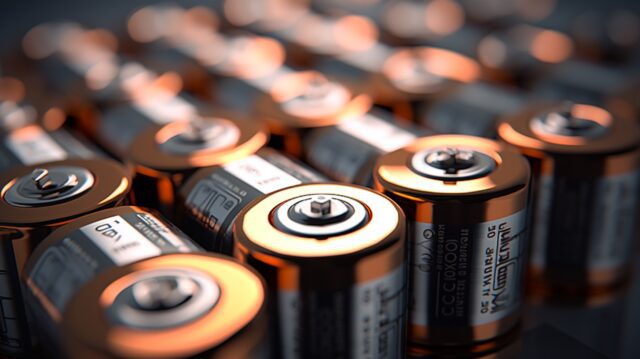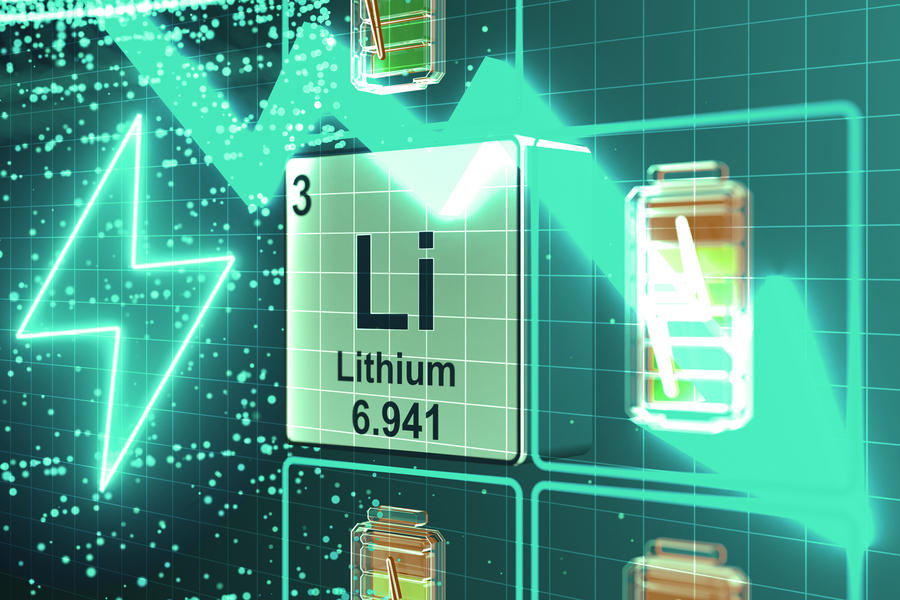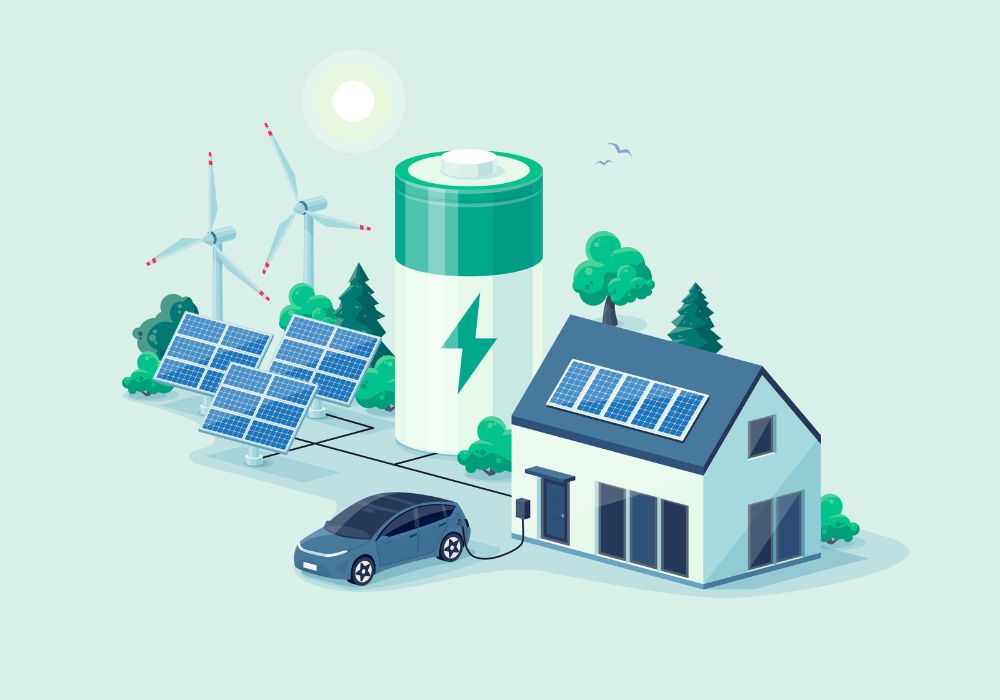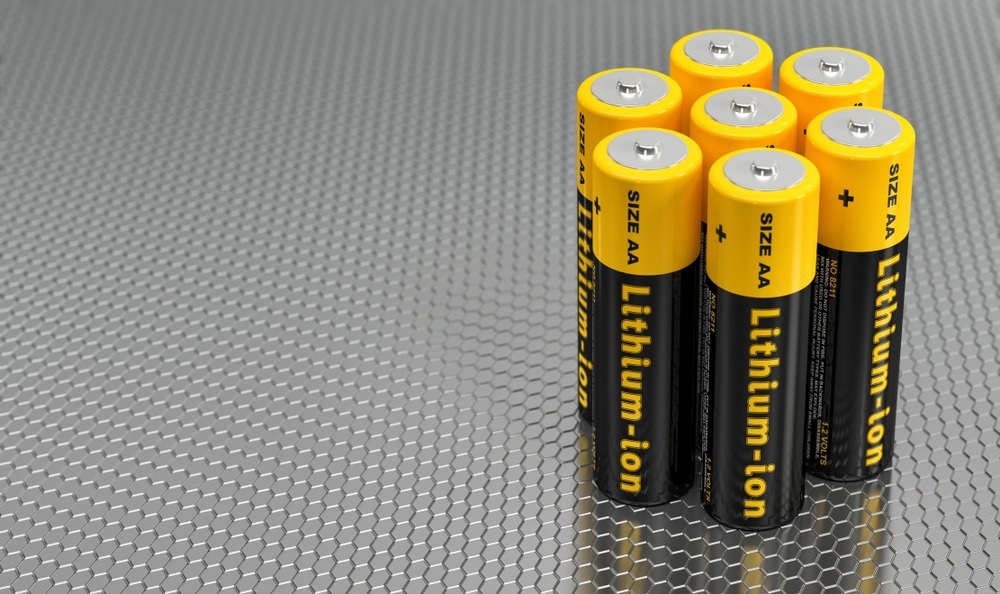
The rise of lithium batteries has been nothing short of remarkable. In just a few decades, they’ve revolutionized the way we power our lives – from powering everyday electronics to even helping to launch spacecraft into orbit.
But how did this technology come about and what makes it so powerful? This article looks at the history of lithium batteries and their many uses in the modern world.
We’ll explore their development, advantages over other batteries, and implications for powering our future.
The Benefits of Lithium Battery Technology

The benefits of lithium battery technology are numerous and far-reaching, offering a more efficient way to store energy with fewer environmental drawbacks than other traditional methods.
Beyond providing superior performance when compared to other rechargeable batteries, lithium batteries offer significant advantages in terms of cost savings over the long run due to their high capacity for storing large amounts of energy.
Furthermore, these cells can be charged quickly and efficiently with minimal losses in power output during use which reduces the risk of fires or explosions caused by overheating.
In addition, they contain fewer toxic materials than alternative technologies such as lead acid or nickel metal hydride cells so they pose less danger when disposed at end-of-life stages.
With its impressive capacity and high charging efficiency combined with affordability that has continued to decline over time due to increased production capabilities, it is no wonder why lithium battery technology is becoming increasingly popular both commercially and residentially for powering our future needs.
How Lithium Batteries are Changing the Way We Power Our World
Lithium batteries are revolutionizing the way we power our world. With vast improvements in energy storage, lithium-ion batteries have enabled the utilization of renewable energy sources to an unprecedented degree.
By significantly reducing the cost of electricity, these batteries enable homeowners and businesses alike to become more independent from traditional power sources while also helping reduce greenhouse gas emissions.
The ability of lithium-ion technology to efficiently store large amounts of energy with minimal weight makes it a perfect substitute for traditional fuel sources like gasoline or diesel.
This has huge implications for transportation as well as other applications such as electric vehicles and space exploration where weight is a major factor when determining efficiency and range capabilities.
Moreover, advances in battery technology have opened up possibilities that weren’t previously thought possible due to limited resources – including powering remote homes without access to grid electricity and allowing medical devices such as heart monitors and pacemakers to be powered wirelessly by small rechargeable cells.
But perhaps most impressive is how quickly this new technology has been adopted by society at large; in just over two decades since its invention, lithium-ion batteries have already had a dramatic impact on our lives.
In many ways they are paving the way towards a cleaner, more sustainable future – one where our needs can be met without relying so heavily on nonrenewable resources like oil or coal.

Exploring the Impact of Lithium-Ion Battery Innovation
Exploring the impact of lithium-ion battery innovation has shown that it is far greater than just a source of energy storage.
It has changed the way we think about powering our world, allowing us to become more dependent on renewable sources and reduce emissions from traditional power sources.
Additionally, advances in technology have made it possible for medical devices such as heart monitors and pacemakers to be powered wirelessly by small rechargeable cells, making them safer and more effective than ever before.
Furthermore, this technology has allowed electric vehicles to become an increasingly viable option for transportation due to their high capacity for storing large amounts of energy while being lightweight at the same time.
All of these benefits make lithium-ion batteries essential when looking toward a cleaner future with fewer environmental impacts.
Conclusion

Lithium-ion batteries have come a long way in powering the future. From its beginnings as an energy storage technology, it has seen remarkable growth over the years.
The ability to store more energy per unit weight than ever before makes lithium-ion battery packs ideal for applications ranging from cell phones and laptops to electric cars and space exploration.
This means that the potential applications of this technology are only just beginning, with new advances leading to further improvements in power density and cycle life.
With its continued rise in popularity, there is no doubt that lithium-ion batteries will remain a driving force behind our ever-changing world.








